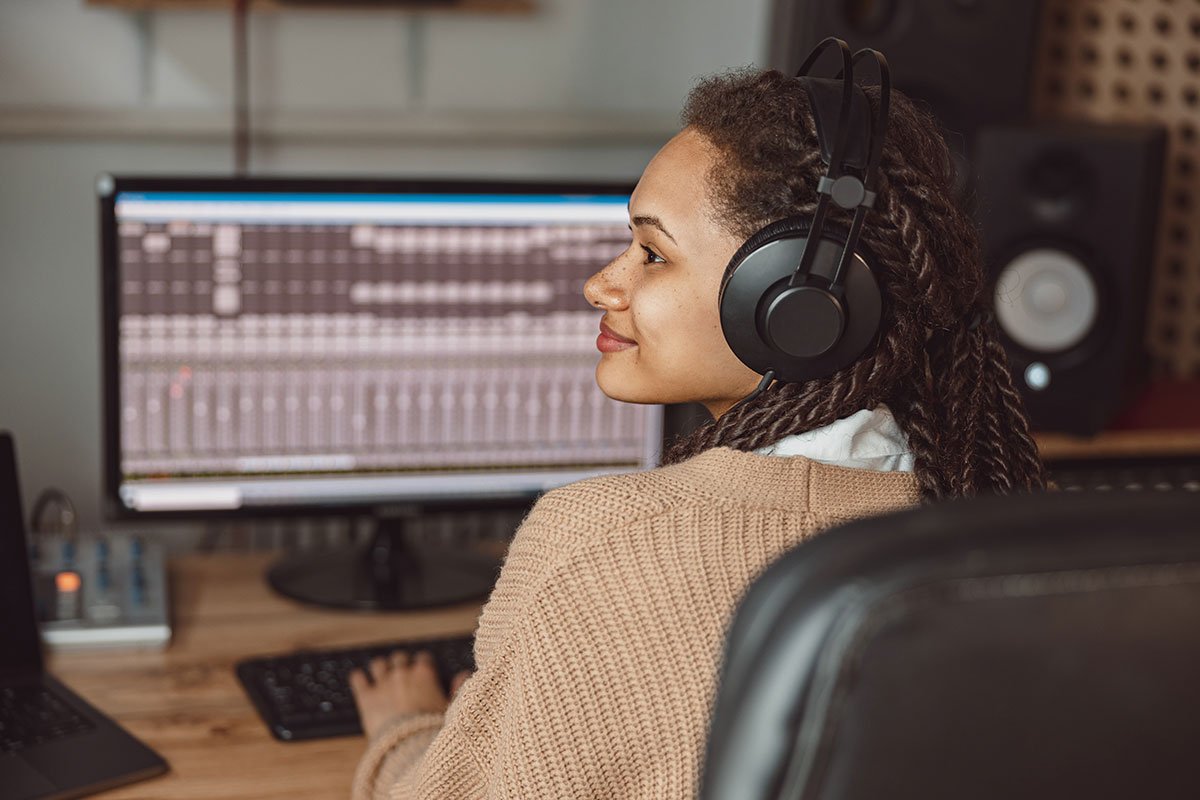Improving your music skills can be a rewarding journey that enhances your ability to play, compose, and appreciate music. Whether you’re an aspiring musician or a seasoned player looking to refine your craft, adopting effective strategies can significantly boost your progress. In this article, we’ll explore some of the best tips for improving your music skills and achieving your musical goals.

Set Clear Goals
One of the most important steps in improving your music skills is to set clear, achievable goals. Determine what you want to accomplish, whether it’s mastering a specific piece, improving your technique, or learning a new genre. Setting clear goals provides direction and motivation, helping you stay focused and measure your progress.
For example, if your goal is to improve your guitar technique, you might set a target to practice scales or arpeggios for a certain amount of time each day. By breaking down your goals into manageable steps, you can systematically work towards enhancing your music skills.
Practice Regularly
Consistency is key when it comes to improving your music skills. Regular practice helps reinforce learning and develop muscle memory. Aim to practice daily, even if it’s only for a short period. Consistent practice allows you to build on your skills incrementally and make steady progress.
Create a practice routine that includes a mix of exercises, warm-ups, and repertoire. Incorporate different aspects of your music skills, such as technique, sight-reading, and improvisation. A well-rounded practice routine ensures that you address various areas of your musicianship and prevent stagnation.
Focus on Technique
To improve your music skills, it’s essential to focus on technique. Proper technique forms the foundation of good playing and can make a significant difference in your performance. Spend time working on specific technical aspects, such as finger placement, posture, and rhythm.
For instance, if you’re a pianist, practice scales and arpeggios to enhance finger strength and agility. If you’re a vocalist, work on breath control and pitch accuracy. Addressing technical challenges systematically will lead to more polished and proficient performances.
Listen Actively
Active listening is a powerful tool for improving your music skills. By listening to a wide range of music, you can gain insights into different styles, techniques, and compositions. Pay attention to how various artists approach their music and identify elements that you find inspiring or challenging.
Listening actively also helps you develop a deeper understanding of musical structure and dynamics. Analyze how different genres or pieces are arranged and how they evoke emotions or convey messages. This knowledge can inform your own playing and composition, helping you become a more versatile musician.
Seek Feedback and Learn from Others
Receiving feedback from others is crucial for improving your music skills. Whether it’s from a teacher, mentor, or fellow musician, constructive criticism can provide valuable insights and highlight areas for improvement. Be open to feedback and use it as a tool for growth.
Additionally, learning from others can offer new perspectives and techniques. Attend workshops, masterclasses, and performances to expose yourself to different styles and approaches. Collaborating with other musicians can also provide practical experience and inspire new ideas.
Utilize Technology and Resources
In today’s digital age, there are numerous tools and resources available to enhance your music skills. Use music apps, online tutorials, and software to support your practice and learning. Tools like metronomes, recording devices, and sheet music apps can aid in developing your skills and tracking your progress.
Explore online platforms such as YouTube for tutorials and instructional videos. Many music educators and professionals share valuable tips and techniques that can complement your practice. Leveraging technology and resources can provide additional support and make learning more interactive and engaging.
Maintain a Positive Mindset
Maintaining a positive mindset is essential for improving your music skills. Stay motivated and be patient with yourself, recognizing that progress takes time and effort. Celebrate your achievements, no matter how small, and use setbacks as opportunities for growth.
Approach your practice with enthusiasm and curiosity. Embrace challenges as part of the learning process and remain persistent in your efforts. A positive attitude will keep you engaged and resilient, ultimately contributing to your success as a musician.
Conclusion
In summary, improving your music skills involves setting clear goals, practicing regularly, focusing on technique, and listening actively. Seeking feedback, utilizing technology, and maintaining a positive mindset are also crucial for growth. By incorporating these tips into your practice routine, you can enhance your musical abilities and achieve your goals with greater confidence and skill.




